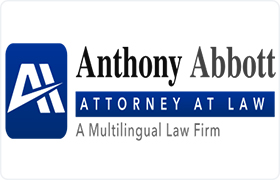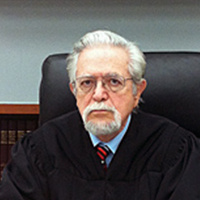Chilcoot Wills & Probate Lawyer, California
Sponsored Law Firm
-
 x
x

Click For More Info:
-
Law Offices Of Anthony Abbott
375 S. Rancho Santa Fe Rd. 105 San Marcos, CA 92078» view mapEstate Law Over 50 Years Of Experience
The Law Offices of Anthony Abbott has been working for the people in the great state of California for over 50 years.
800-497-8821
Includes: Estate Administration, Living Wills, Wills
Not enough matches for Chilcoot Wills & Probate lawyer.
Below are all Chilcoot Estate lawyers.
Robert Frederick French
Accident & Injury, Estate, Lawsuit & Dispute, Real Estate
Status: In Good Standing Licensed: 47 Years
Craig Bradford Close
Accident & Injury, Corporate, Estate, DUI-DWI, Real Estate
Status: In Good Standing Licensed: 47 Years
Elaine Andrews
Estate Planning, International Tax, Elder Law, Trusts, Estate
Status: In Good Standing Licensed: 33 Years
Carolyn Ingrid Larson
Trusts, Estate Planning, Estate, Business
Status: In Good Standing Licensed: 53 Years
Scott David Christensen
Land Use & Zoning, Litigation, Trusts, Corporate
Status: In Good Standing Licensed: 29 Years
Peter Mathew Talia
Real Estate, Trusts, Estate, Family Law
Status: In Good Standing Licensed: 53 Years
 Anthony Abbott San Marcos, CA
Anthony Abbott San Marcos, CA
